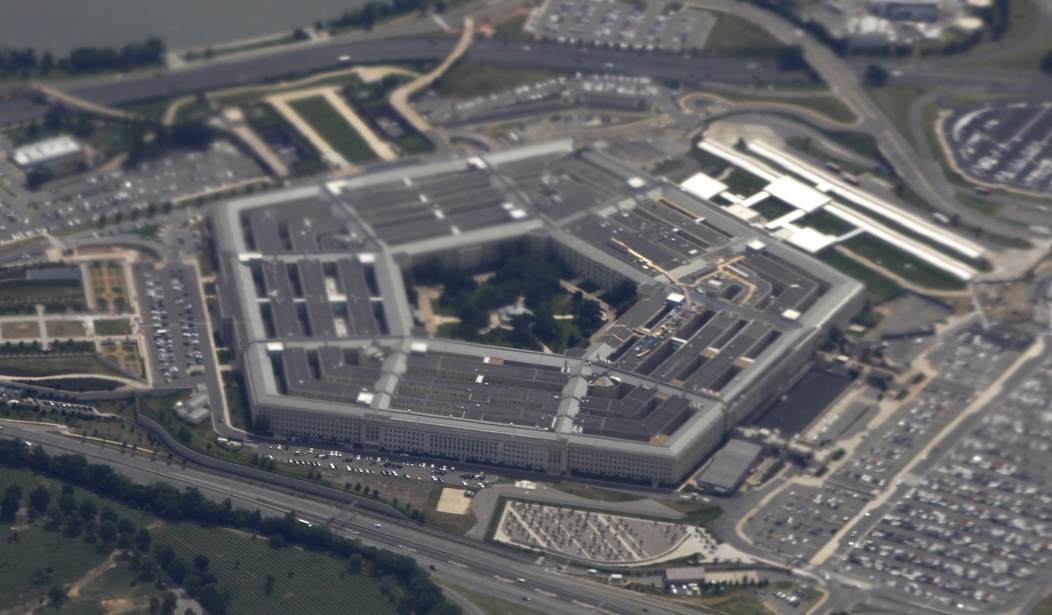Since we last checked in on the Congressional hearings involving the Pentagon’s UFO investigation office, there have been several additional developments. (Yes, I know. We’re supposed to say UAP now for Unidentified Aerial Phenomena, but I refuse to comply.) The public congressional hearing held by the House Intelligence Committee in May was encouraging in terms of being more open with the public, but somewhat disappointing in the lack of substance. The latest Pentagon UFO office with the unpronounceable acronym of AOIMSG has now been replaced through orders from Congress with a new office called the All-domain Anomaly Resolution Office” (AARO), which at least has a more pronounceable acronym if nothing else. How they will proceed from this point remains unknown.
One thing that seems to be commonly understood both in Congress and the scientific community is that the Pentagon is moving too slowly. They also remain deeply buried behind a wall of heavy classification and security which keeps not only the public but even many members of Congress in the dark as to what they are doing. Questions remain as to how much “muscle” this new AARO office will have and what level of cooperation they are receiving from the various military and intelligence agencies that Congress has ordered to provide data and participate in this analysis. Is there a potential national security threat posed by these objects, or at least a flight hazard threat? How much do we really know regarding the phenomena that so many pilots and civilian witnesses have reported?
One person who has grown frustrated with this lack of progress is Congressman Tim Burchett of Tennessee. He has been a leading voice in this debate and followed it closely, but remains dissatisfied with what the Pentagon has delivered, as well as Congress’ pursuit of answers. He felt that the last public hearing was mostly empty of substance and described it as another case of the public “getting hosed.” He attended the public hearing in May, but was blocked from the classified version and was not allowed to ask questions during the public portion. Now he has penned an editorial at the Washington Examiner where he describes what the next steps should be. And most of them revolve around increased transparency on the part of the Pentagon.
So how do we fix the problems with how our government addresses UAP sightings?
First, the Pentagon needs to release all the records it has on this subject. No more classified vs. unclassified briefings, and no more bogus reports full of useless information. Pure transparency. The public can handle it.
Next, we need to bring in members of our military who personally reported encounters with UAPs to testify before Congress in an unclassified hearing so the public can hear what they have to say.
We also need to get rid of the stigma that comes with reporting UAP sightings in our military. Service members who report UAP sightings are patriots who are doing their jobs to the best of their ability, but many of them have not been treated as such. They have been mocked by their colleagues for simply reporting what they saw, and that kind of behavior needs to end.
Burchett takes a bold stance and his demand would be very reasonable in a more “normal” world. But we’re dealing with the secretive world of the Pentagon and their associations inside the military-industrial complex. They have a record of more than 75 years where this entire topic has been cloaked in secrecy and they have been found to have lied many times over the decades. Trust is a difficult commodity to offer at this point.
Asking the Pentagon to simply throw open the doors to the secret vaults and hand us everything on a silver platter is almost certainly a pipe-dream. But we don’t necessarily need that. What we really need is someone to step forward and at least show us where the doors to those vaults are. And then we’ll need people in positions of power and authority to go kick those doors in.
As Burchett notes, there are provisions in the next National Defense Authorization Act that would establish secure channels for the reporting of UFO information. A separate measure proposes protections for whistleblowers who come forward with information about hidden government programs dealing with the UFO topic. Combining those two ideas could significantly move the ball down the field. Will it happen? Keep your fingers crossed. We’re closer now than we have ever been before as long as Congress doesn’t totally drop the ball.









Join the conversation as a VIP Member